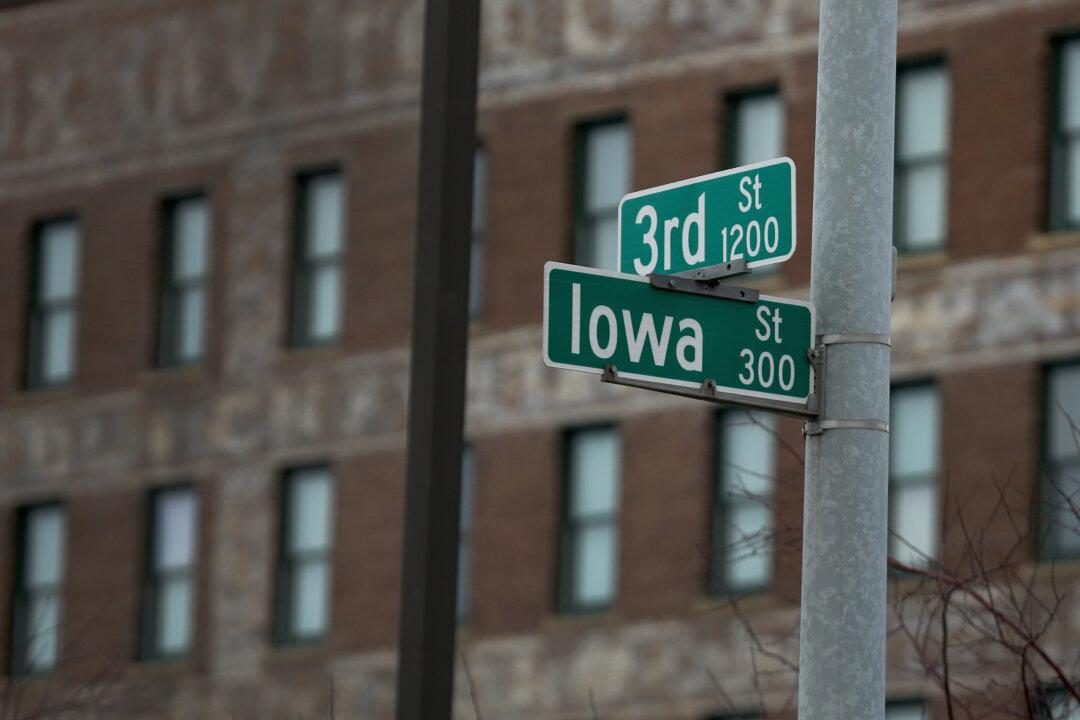The California government has blacklisted state-funded travel to Iowa after the Hawkeye State passed a law to prevent taxpayer-funded gender reassignment surgeries in that state.
In May, Iowa Gov. Kim Reynolds signed the legislation, House File 766, blocking Medicaid-funded gender transition surgeries, two months after the state Supreme Court ruled these surgeries could be covered under its Civil Rights Act.





